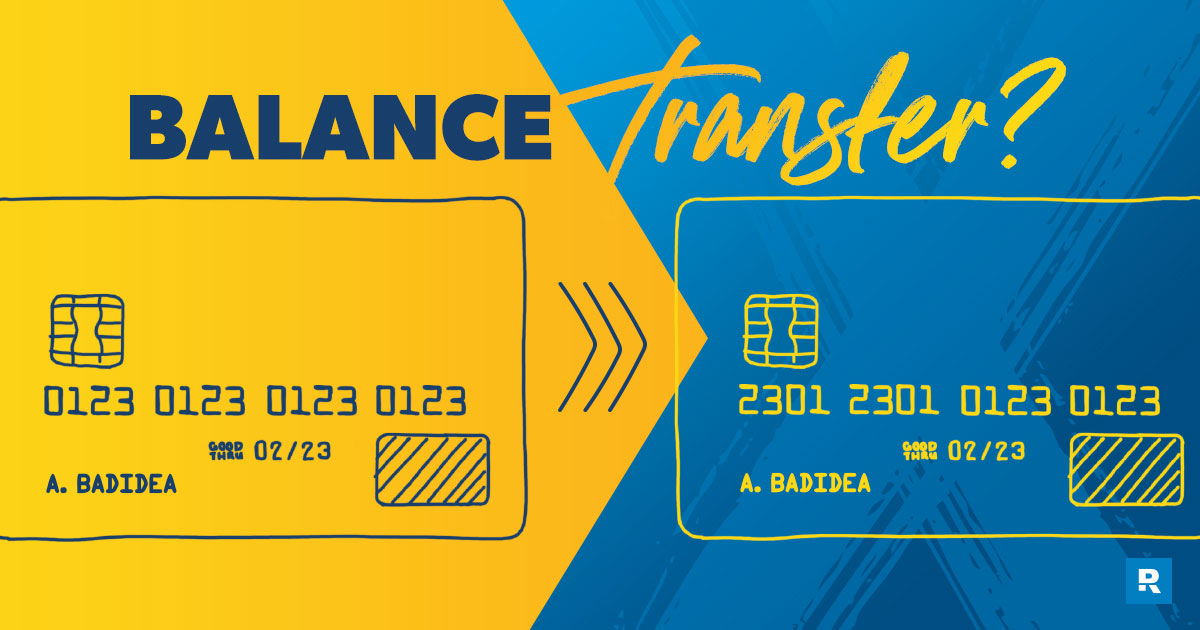
In the world of personal finance, the strategy of balance transfers has gained popularity as a tool for managing credit card debt. It involves moving the outstanding balance from one credit card to another, typically with a lower interest rate. While this can offer some relief, it’s crucial to weigh the pros and cons before deciding if a balance transfer is the right move for you.
Pros:
- Lower Interest Rates:
- One of the primary advantages of balance transfers is the potential for lower interest rates. Many credit card companies offer introductory periods with 0% or significantly reduced interest rates, allowing you to save money on finance charges.
- Simplified Payments:
- Consolidating multiple credit card balances onto one card simplifies your monthly payments. Instead of juggling various due dates and interest rates, you have a single payment to manage.
- Debt Paydown Acceleration:
- With lower or zero interest during the introductory period, more of your payment goes toward the principal amount. This can accelerate your debt paydown and help you get ahead financially.
- Improved Credit Score:
- Successfully managing a balance transfer can positively impact your credit score. By reducing credit card balances and making on-time payments, you demonstrate responsible financial behavior.
Cons:
- Balance Transfer Fees:
- Many credit card companies charge fees for balance transfers, typically a percentage of the amount transferred. While the interest savings may offset these fees, it’s essential to factor them into your decision.
- Introductory Period Limitations:
- The low or 0% interest rate is often introductory and temporary. Once this period expires, the interest rate may increase, potentially leaving you with a higher rate than your original card.
- Credit Score Impact:
- Applying for a new credit card and transferring balances can impact your credit score. The inquiry from the new application and the potential reduction in average account age may have short-term effects.
- Risk of Accumulating More Debt:
- Some individuals may be tempted to accumulate more debt once the burden of high-interest rates is temporarily lifted. It’s crucial to use the opportunity to pay down existing debt rather than incur additional charges.
Conclusion: Balance transfers can be a strategic move for those looking to reduce credit card interest and simplify their debt repayment. However, it’s essential to approach this financial tool with a clear understanding of the potential benefits and risks. Consider your financial goals, the associated fees, and the long-term implications on your credit score before deciding if a balance transfer is the right fit for your situation. As with any financial decision, careful consideration and a solid plan are key to achieving lasting success in managing your finances.
